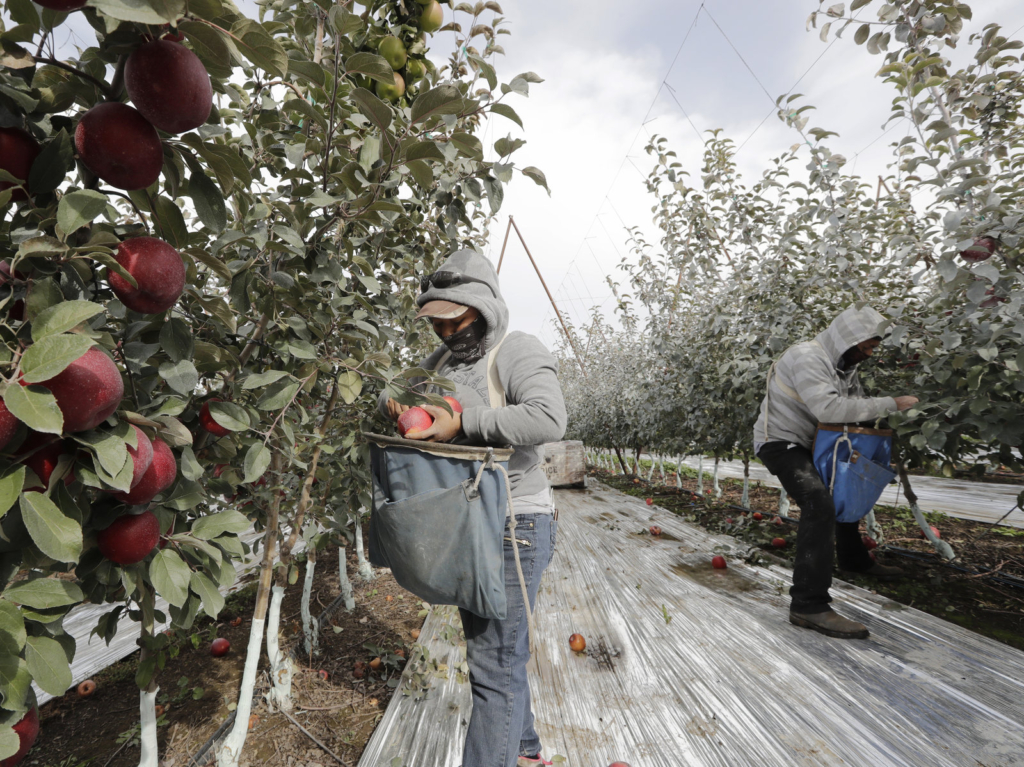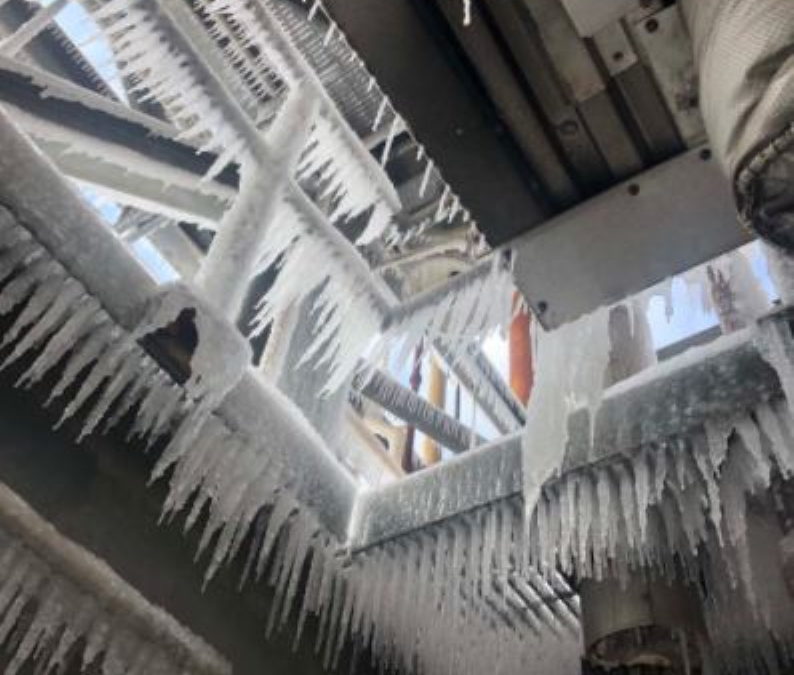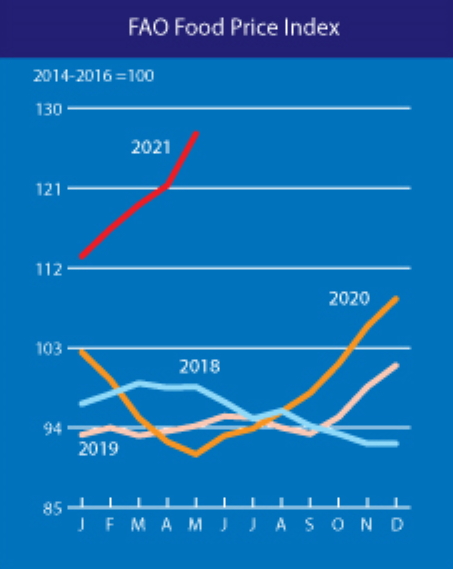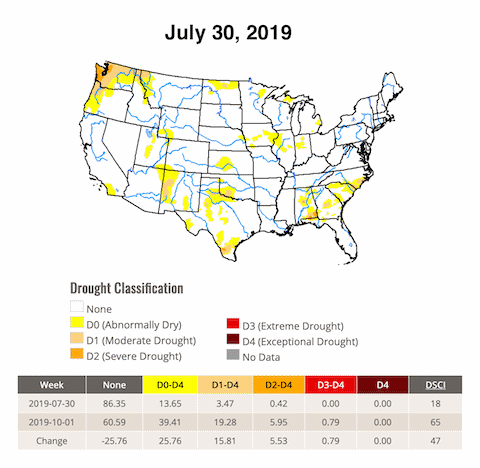COVID-19 threatens food supply chain as farms worry about workers falling ill – “We’ve got enough disruption. We don’t need to disrupt our food supply, that would be really catastrophic.”

By Dan Charles
18 March 2020
(NPR) – As Americans scattered to the privacy of their homes this week to avoid spreading the coronavirus, the opposite scene was playing out in the Mexican city of Monterrey.
A thousand or more young men arrived in the city, as they do most weeks of the year, filling up the cheap hotels, standing in long lines at the U.S. Consulate to pick up special H-2A visas for temporary agricultural workers, then gathering in a big park to board buses bound for farms in the United States.
“I spoke with people going to North Carolina, Kentucky, Michigan, Mississippi,” says Justin Flores, vice president of the AFL-CIO’s Farm Labor Organizing Committee, who was in Monterrey for meetings. “[They were] headed to destinations all over the country to provide really important labor that supports the backbone of our economy, which is the agricultural industry.”
About 250,000 workers came to the U.S. on H-2A visas last year, the majority of them from Mexico. They’ve become an increasingly important piece of America’s food industry.
Late in the day on Monday, the U.S. Embassy in Mexico City announced that it is suspending nonemergency visa appointments because of concerns for the health of its employees and visitors.
At the same time, though, the embassy notified farm employers that many — perhaps most — of these farm workers still can get their visas, because they participated in the program last year and don’t require an in-person appointment at the consulate.
Ryan Ogburn, visa director at wafla, which helps farms manage the flow of H-2A workers in the Pacific Northwest, says that 85-90% of their workers will qualify for this exemption. Meanwhile, influential farm organizations in the U.S. are pushing the Trump administration to ease the entry of more guest workers.
The continuing availability of agricultural workers illustrates the paradox of America’s food supply in the age of COVID-19.
One end of the food supply chain has been completely upended as restaurants go dark and consumers prowl half-empty aisles of supermarkets. Food producers, though, are operating almost as normal — at least for now. […]
There’s an even bigger worry hanging over the food industry: The prospect of workers testing positive for COVID-19. […]
According to Steve Alameda, a vegetable grower in Yuma, Ariz., losing an entire 30-person work crew overnight will be extremely disruptive. Farmworkers already are hard to find, and replacing so many people immediately could prove impossible.
“We’ve got enough disruption,” Alameda says. “We don’t need to disrupt our food supply, that would be really catastrophic.” [more]
COVID-19 Threatens Food Supply Chain As Farms Worry About Workers Falling Ill


